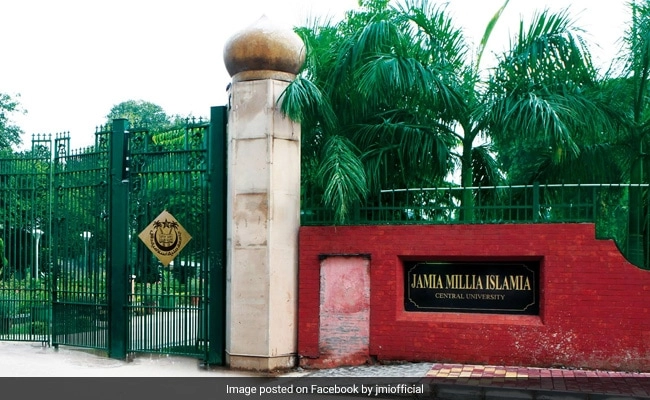A Kashmiri student was reportedly assaulted at Jamia Millia Islamia, a prominent university in New Delhi, leading to significant concern among the student community and wider public. The incident has sparked discussions about safety and security measures within educational institutions, particularly for students from sensitive regions like Kashmir, who may already face social stigmas and challenges. Eyewitness accounts suggest that the altercation escalated quickly, resulting in the student sustaining injuries that required medical attention. Such incidents not only affect the individuals involved but also create an atmosphere of fear and unease among students who are striving to pursue their education in a secure environment.
In the aftermath of the assault, authorities reacted swiftly by detaining a mess worker in connection with the incident, highlighting the university’s commitment to addressing violence and ensuring safety on campus. This action has been met with mixed reactions; while some students feel reassured by the prompt response, others are calling for a more comprehensive approach to addressing the underlying issues that contribute to such violence. The incident raises pertinent questions about the adequacy of existing protocols for student safety and the measures in place to support those who may be vulnerable or marginalized within the university setting.
As discussions surrounding the assault continue, it has become clear that there is an urgent need for dialogue about the broader implications of such incidents. The university administration, along with student bodies, must engage in constructive conversations to foster an atmosphere of inclusivity and respect. This includes implementing better reporting mechanisms for incidents of violence and harassment, as well as offering support services for affected students. Ensuring that all students feel safe and valued is essential for creating a conducive learning environment, particularly in a diverse institution like Jamia Millia Islamia, which draws individuals from various backgrounds and cultures.
In conclusion, the assault on the Kashmiri student serves as a stark reminder of the challenges that many face in pursuing education in a climate of fear and hostility. It underscores the need for universities to not only react to incidents of violence but to proactively cultivate a culture of safety and respect. As the university community reflects on this incident, it is crucial to prioritize the well-being of all students, ensuring that their educational journey is not hindered by acts of aggression or discrimination. Addressing these issues head-on will contribute significantly to fostering a more harmonious and supportive academic environment for everyone.




